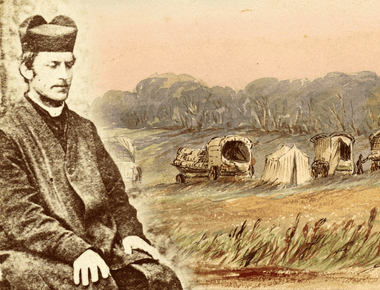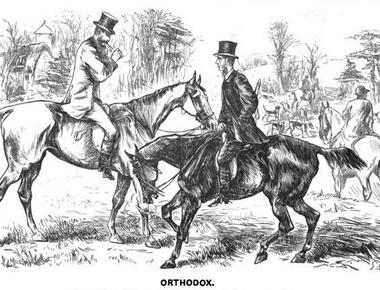
With the recent digitization of a small number of archives from the Monastery of the Visitation, an interesting collection of items held within are now available related to the Jesuit missionary Father Law, a convert of the Oxford Movement and his tragic expedition up the Zambesi.












